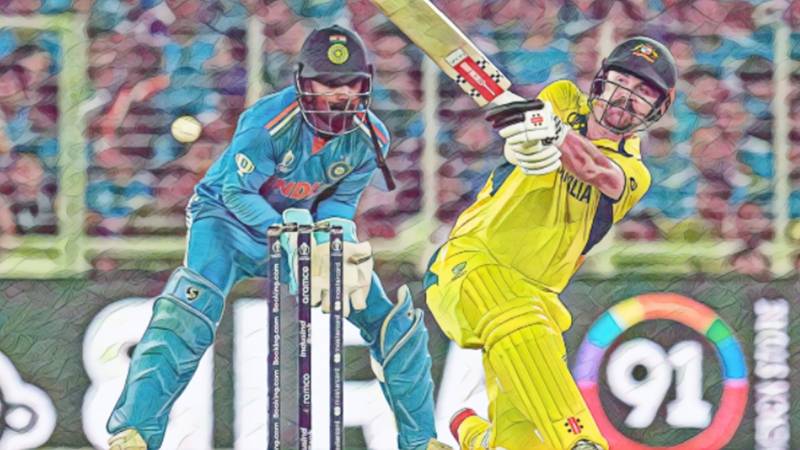
India just lost the World Cup Cricket Championship. The Men in Blue had a run of ten straight victories in this tournament. India was all set to bag their eleventh consecutive victory – "on the trot," as commentator Prakash Wakankar opined.
But Lady Luck baulked. In the last lap of the race, she backed Australia. The Aussies took home their 6th World Cup trophy. Apparently, India lost more than the match: the crowd at the Narendra Modi stadium seemed to have lost touch with the ‘spirit of the game.’ Travis Head, the main collector of runs for the Down Unders (up overs on this day) was caught out on a ball by Mohammad Siraj. To veteran cricket commentator Wakankar’s dismay, the 1,30,000+ blue sea of spectators in the packed stadium in Ahmedabad could muster just a muted applause for Travis as he walked back to the pavilion. It was Travis’ team-mates who honoured him with a standing ovation for his splendid knock of 137 runs off 120 balls. Oh, well.
This year, I chose not to watch the match on TV at my neighbour's. Instead, I indulged in some nostalgia. I listened to the Akashvani radio commentary of the match.
When I was growing up in the 1960s and ‘70s, I followed cricket matches by tuning into such broadcasts on our Philips transistor radio. To make a match come alive through just wordplay is an art. After all these years, it was a pleasure to listen to phrases like "...and the batsmen took a single off the fumble" (comment on a misfield).
Three quarters of a century after independence, cricket commentary in English in India still has a very British ring to it. Listening to Wakankar's commentary, I was transported back to those halcyon days when Men in White played the game in leisurely 5- to 6-day-long matches with a Rest Day in-between.
I tend to believe that there was a lot more happening in Test Matches those days than just batting, bowling, fielding and umpiring; a lot more savouring of style and humour. Back then, cricket wasn't such a money-making machine, nor was it invested with aggressive, nationalistic fervour.
Back then, there was much more tolerance for a bumbling fumble in the field.

